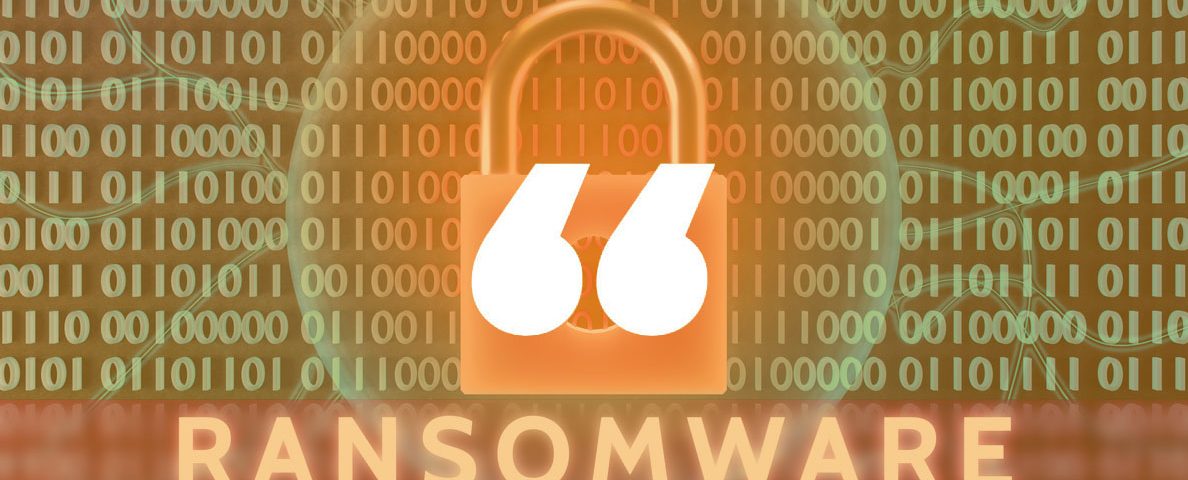Ransomware Defined and its Effects on Your Business

The Importance of Modernizing Your IT
December 27, 2019
How to Future Proof Your Business IT
January 23, 2020The 2019 Official Annual Cybercrime Report (ACR) predicts that businesses will fall prey to damaging ransomware attacks every 14 seconds. That means every minute, several businesses will experience a cyberattack that can cost time, revenue, and even has the potential to shut down a business completely. Preventing cybercrimes, including ransomware attacks, should be an integral part of every business’ cybersecurity protocol.
What is ransomware
Simply put, ransomware is a type of malware that encrypts a victim’s important files so that they can no longer access them. Once the files and data have been taken hostage, the hacker or criminal organization will demand a ransom payment in exchange for release of the files. For virtually any business that falls victim to a ransomware attack, the loss of access to important data will result in costly downtime.
Following an attack, a business can choose to employ professionals to retrieve their files or repair the now broken systems, which is an expensive and time-consuming endeavor. They may choose to pay the ransom, but it is not guaranteed that the hackers will release their hold on the data — they are criminals, after all. Because of the exorbitant costs of data retrieval, many businesses will close due to a ransomware attack.
Though a large number of ransomware attacks target private businesses, government agencies and healthcare systems are also common targets. These attacks can wreak havoc on local and national government operations and halt medical care and services. Because these are not businesses that simply shut down, they will incur huge costs to retrieve data, keep systems running, and prevent future attacks. These types of attacks are often the most publicized worldwide, because of the widespread effects.
Ransomware and your business
Regardless of the size or type of business you own, it is a potential target for ransomware attacks. This means that systems should be in place to mitigate risks and prevent all malware attacks, including ransomware.
The first line of defense for cyber attacks often lies with the human element of a business. Having cybersecurity protocols in place is vital, as well as educating employees and management on the importance of preventing and avoiding security breaches like phishing scams.
Education provides one layer of security but there is a lot to be done in tech to prevent data loss and ransomware attacks. Operating systems, applications, and security software should always be kept up to date with the latest versions and security patches. Cybersecurity is constantly evolving, so modernizing your business IT is important for security. In addition to keeping all systems up to date, a comprehensive back up plan is vital. All data should be backed up regularly, with redundancy and testing included in the backup plan. For many businesses, Backup as a Service (BaaS) is a secure, convenient, and cost-effective solution.
Understanding ransomware and how it works is the first step to preventing its devastating effects. To assist you in properly securing your business data, Singularis IT is offering a free and informative white paper to provide useful information on ransomware and preventing security breaches. Get it here.


